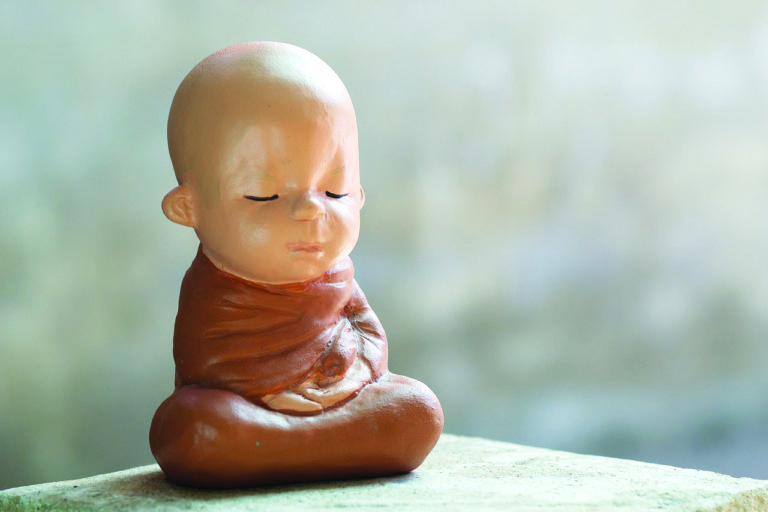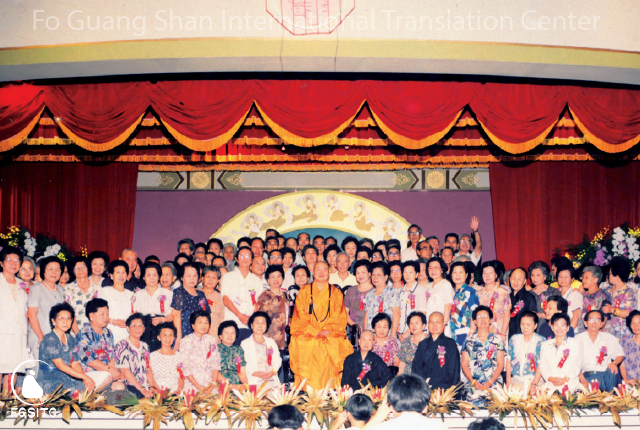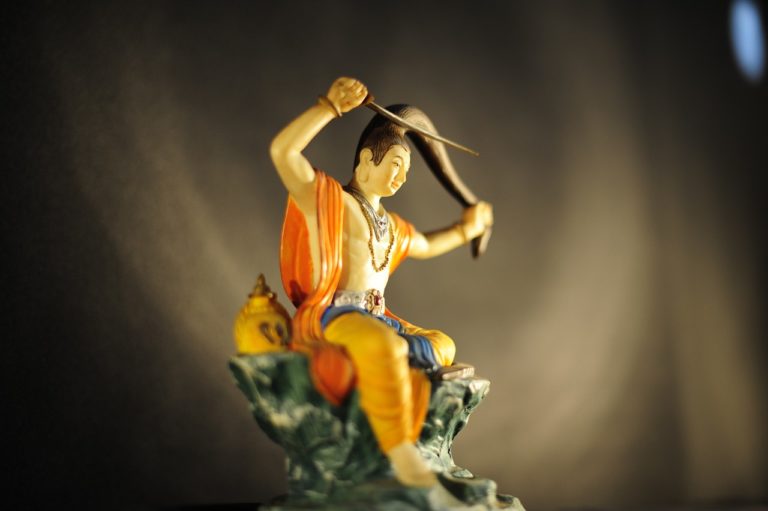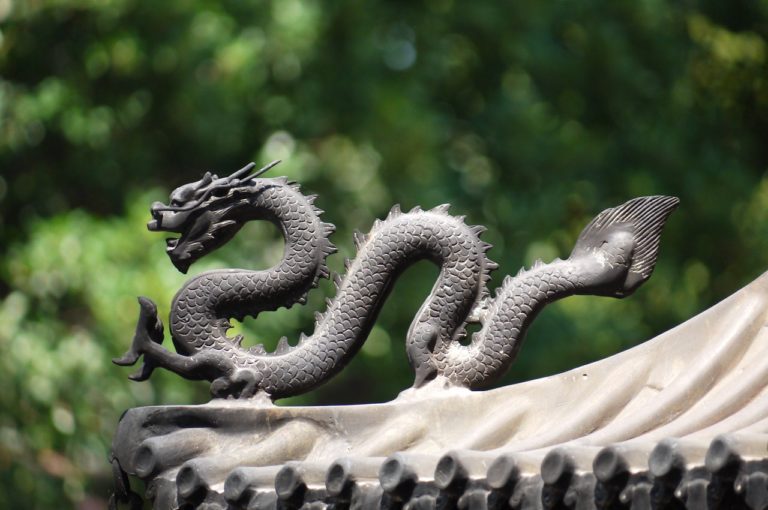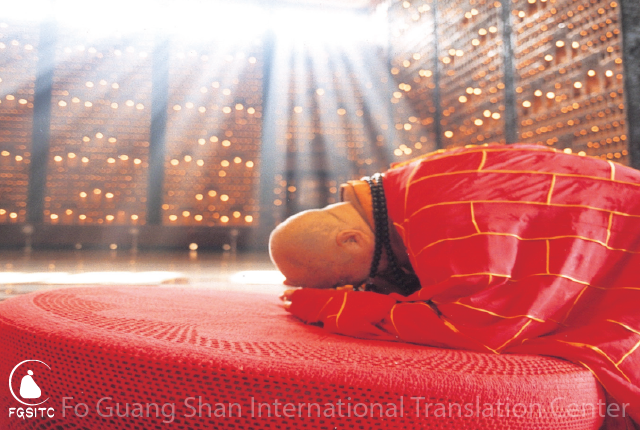
If someone is too tough or stubborn, one can say that they have a cold heart, or even a heart made of stone. But consider this: our teeth may be hard and rigid, but they will each fall out as we get older. On the other hand, the tongue more or less retains its form even after we die.
In general, things can sustain themselves more easily if they are flexible, but tend to be damaged if they are too rigid.
One time, I assembled a group of practitioners who had been on a six month retreat in the meditation hall and asked, “Have any of you made any progress, or wish to share your meditation experience?”
It is difficult to attain awakening, but after this six month experience with meditation, most people said, “My heart has become softer.” I was very glad to hear such comments. After practicing meditation for a while, one will realize there is no need to argue over petty things, no need to be rigid, and no need to compare with others. One’s heart will become softer and one’s mind will become broader, just as the bough of a tree with ripened fruit bends, or how the branches of a willow tree are beautiful due to their soft and gentle swing.
Truly, the greatest progress you can make in your cultivation is the softening of the heart.
If we regulate the breath, relax the body, and train the mind through meditation, we can gradually rein in and pacify our monkey-like minds and horse-like wills. Our days will be happier and our lives will be longer.
Master Hanshan once said: “The strings of a hard crossbow always break first; the blades of a sharp knife chip more easily.”
The same rule can be applied to live our lives. We should honor harmony and congruence in our relationships. As soon as a fist thrusts forward, it loses power. When the fist remains in, one’s power is sustained. We should never be impulsive in our actions or complain about little things that don’t really matter. Impatience and stubbornness lead us far too easily toward grief and suffering.
We all hope that we can have friends who are peaceful and pleasant, but there may be some who say, “These days, if you aren’t fierce and relentless, others will take advantage of you.” But these kinds of setbacks are temporary.
One may win or lose, but in the end, the result depends on you. One cannot rely simply on brute force, instead it is important to focus on the details. Everyone is different, and if we can be flexible and not so rigid, we can accept this.
Originally published in Endless Knot, written by Venerable Master Hsing Yun.
Image from Pixabay.

